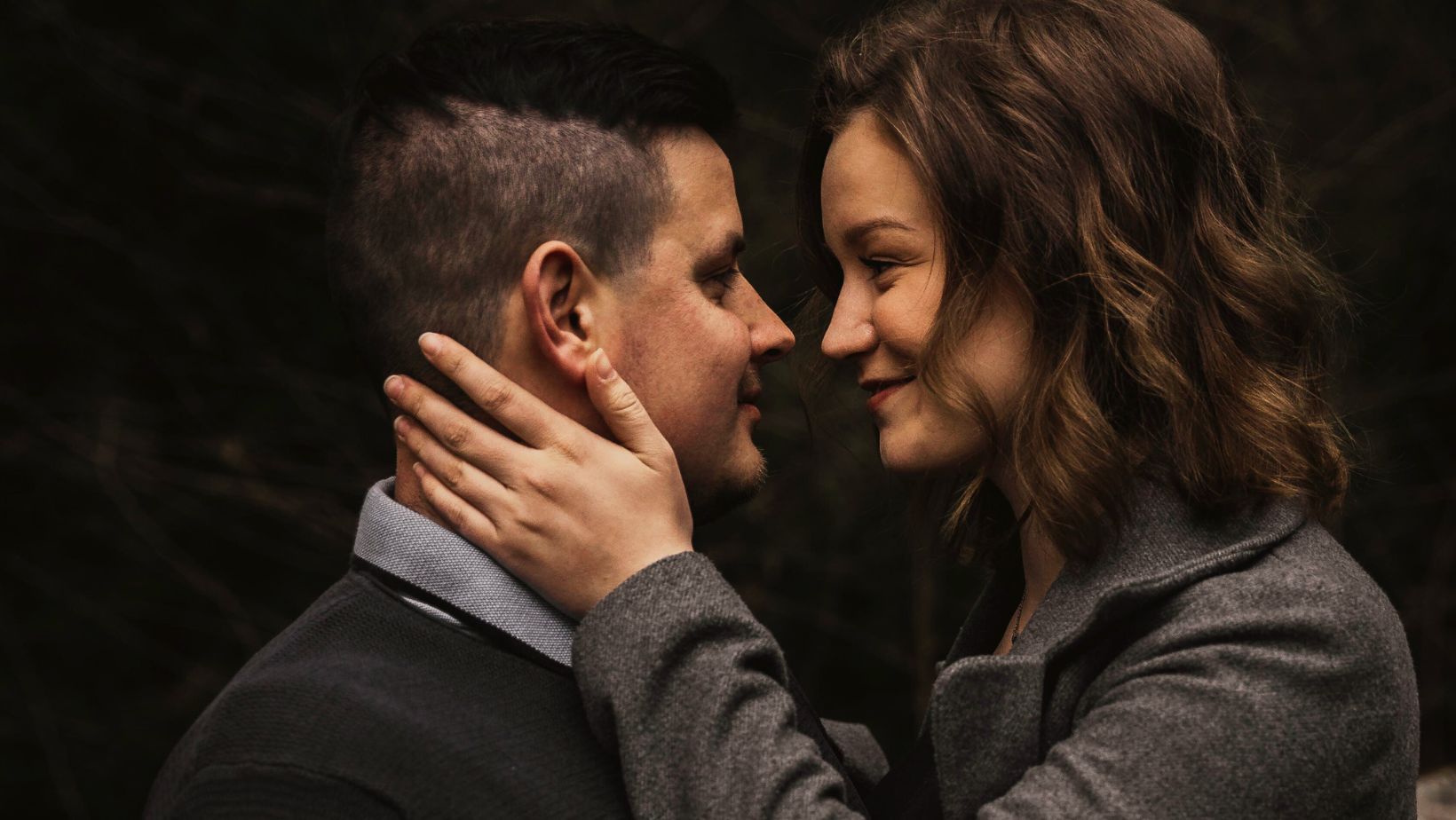
Why forgiving my wife was my worst mistake, after she cheated on me with her ex boyfriend?
Forgiving someone after an act of betrayal, like infidelity, is one of the hardest decisions a person can make. When I decided to forgive my wife after she cheated on me with her ex-boyfriend, I thought it would be a step toward healing and a second chance for us to build something stronger. But, in reality, it became clear over time that forgiving her had unintended consequences—ones that only intensified the pain I was trying to overcome.
When I chose forgiveness, I was hoping it would help me rebuild the trust that her actions had shattered. I wanted to believe that people make mistakes and that relationships can survive even the hardest of challenges. But forgiveness alone wasn’t enough. Instead of working together to rebuild that trust, it often felt like I was the only one putting in the work to move past it. The more I tried to let go, the more I found myself carrying the weight of the betrayal.
Forgiving her also left me wrestling with constant doubts and insecurities. While I tried to believe her promises of commitment, I couldn’t shake the feeling that I’d opened the door to being hurt again. I found myself questioning her intentions, her late nights, and even her conversations. Every interaction felt like a reminder of the betrayal, and the forgiveness that I had once seen as a way to move forward became a source of constant inner conflict.
Perhaps the most painful lesson I learned was that my forgiveness didn’t erase the underlying issues that led her to cheat in the first place. Instead of addressing our relationship’s weaknesses or working through her reasons for reconnecting with her ex, we quickly fell back into old patterns. Forgiving her allowed her to move on from the situation without really acknowledging the depth of the hurt she caused or putting in the effort to understand why it happened.
Looking back, I can see that my forgiveness might have enabled her to minimize her actions. Without consequences, there was little reason for her to confront the seriousness of what she’d done. And for me, that lack of acknowledgment was incredibly damaging. Over time, I began to feel that my forgiveness had been taken for granted—that she expected me to simply “get over it” while she avoided the hard work of rebuilding our relationship.
Ultimately, I learned that forgiveness is a powerful and personal choice, but it needs to be accompanied by genuine accountability and mutual commitment to healing. In my case, forgiving my wife without those things turned out to be a mistake. I realized that true healing would have required not just my forgiveness, but her willingness to understand the pain she caused and actively work to rebuild what was broken.
If I could go back, I would remind myself that forgiveness is a process, not a quick fix. It’s okay to take the time to process betrayal and consider the deeper issues before offering forgiveness. Forgiving her might have seemed like the “strong” choice, but in reality, sometimes true strength lies in setting boundaries and knowing when to walk away from a relationship that no longer feels safe or honest.
In the months that followed, I tried my best to live with my choice to forgive. But I started to realize that forgiveness without real reconciliation doesn’t bring peace—it just hides the wound. I wanted so badly to believe we could get back to where we’d been before, that we could somehow recapture the trust and closeness we’d built over the years. But every time I looked at her, I couldn’t stop my mind from replaying everything I knew about her betrayal.
The lingering resentment grew. It started as small, barely noticeable things—a tense silence when she laughed at her phone, a surge of frustration when she’d be late without explanation. Gradually, it took root, becoming something I couldn’t just push aside. I found myself becoming someone I didn’t want to be—suspicious, insecure, even bitter. And I knew that wasn’t the kind of person I wanted to become, not for myself and not in a relationship.
Forgiveness, I realized, wasn’t enough on its own. It needed to be matched by real, consistent change. Without her willingness to put in that work, without her taking full accountability and actively showing me her commitment, we were just coasting along. The betrayal had left a scar, and while I was ready to accept the past, I needed her to help me heal in the present. I needed open conversations, transparency, and empathy from her to feel like we were really rebuilding.
But that didn’t happen. I was left struggling alone, trying to bridge the gap between us with little help on her end. I wanted so desperately for things to work that I kept ignoring the signs, the unease in my gut that told me this relationship might never be what it was before.
Eventually, I had to face a hard truth: forgiving her might have been an act of compassion, but staying in a situation where I felt unappreciated, hurt, and insecure was no longer healthy. It was taking a toll on my mental well-being, and I was starting to lose my sense of self. I felt trapped between my desire to make things work and my need to honor my own worth and boundaries.
Letting go of her, of us, was one of the hardest things I’ve ever done. But in the end, it was also the most liberating. I realized that I had to prioritize my own peace and sense of security over the fear of being alone. I needed to heal on my own terms, without constantly reopening the wound by staying in a relationship that no longer felt supportive or fulfilling.
Now, as I reflect on everything, I can see that forgiveness was a step, but not the final answer. True healing required honesty—both with myself and with her—and a willingness to make choices that respected my own boundaries and values. Walking away was painful, but it was also a way of reclaiming my self-worth and my future. I learned that sometimes, the best thing we can do for ourselves is to let go, even when we wish things had turned out differently.
In the end, I don’t regret trying to forgive. It taught me about my own capacity for compassion and resilience. But it also taught me that forgiveness doesn’t always mean staying. It means choosing what’s best for your own well-being and growth.
After I walked away, I began the real journey of healing. At first, the silence was jarring. I’d grown so used to the daily battles in my mind—second-guessing her actions, questioning my own decisions—that when it was over, I almost didn’t know what to do with the quiet. But slowly, I found comfort in it. I began to appreciate the peace that came from no longer carrying the weight of a fractured relationship.
In that quiet, I started to rediscover myself. I picked up old hobbies I’d abandoned, spent more time with friends, and focused on my own growth. The pain of the betrayal was still there, of course, but it became a little easier to carry as I reclaimed parts of myself I’d lost in trying to hold our relationship together. I began to realize that so much of my energy had been wrapped up in “fixing” things that I had neglected my own well-being.
In time, I also came to understand that what I’d felt wasn’t just the pain of betrayal—it was a deep sense of loss. I’d lost trust, yes, but I’d also lost the version of our relationship that I thought was unbreakable. Letting go of that ideal was hard, but it was necessary for me to move forward. I had to accept that not everything we want to hold onto is meant to last. Some experiences are there to teach us something, to reveal parts of ourselves, and then, ultimately, to let go.
As the months turned into years, I found myself growing stronger. The bitterness faded, replaced by a quiet sense of clarity. I’d learned to forgive myself for trying to make things work, for not being able to “fix” the relationship, and for finally choosing to walk away. I realized that healing wasn’t just about moving past the pain but about learning from it. The experience had forced me to confront my own values, to understand what I truly needed from a partnership, and to commit to not settling for less than I deserved.
Today, when I look back, I see the whole experience as a turning point. It taught me that true forgiveness doesn’t mean tolerating situations that hurt you. Instead, it means acknowledging the hurt, letting go of resentment, and then making choices that honor your worth. Sometimes, that means forgiving and staying, if both people are willing to rebuild. But sometimes, it means forgiving and moving on, allowing both of you to find healing separately.
I’ve come to a place where I can genuinely wish her well, without bitterness or regret. The journey has been long, but it has also been transformative. I’ve learned to trust myself again, to know my boundaries, and to value my own happiness. And in a strange way, I’m grateful. What felt like my worst mistake ultimately led me to a deeper understanding of love, resilience, and the strength within myself to move forward.
Now, I’m open to new beginnings, knowing that I’m stronger and wiser. The experience taught me to trust my own heart and to believe that, even after betrayal, we have the power to rebuild, not only our lives but our sense of self. And that, I believe, is the truest kind of healing.


